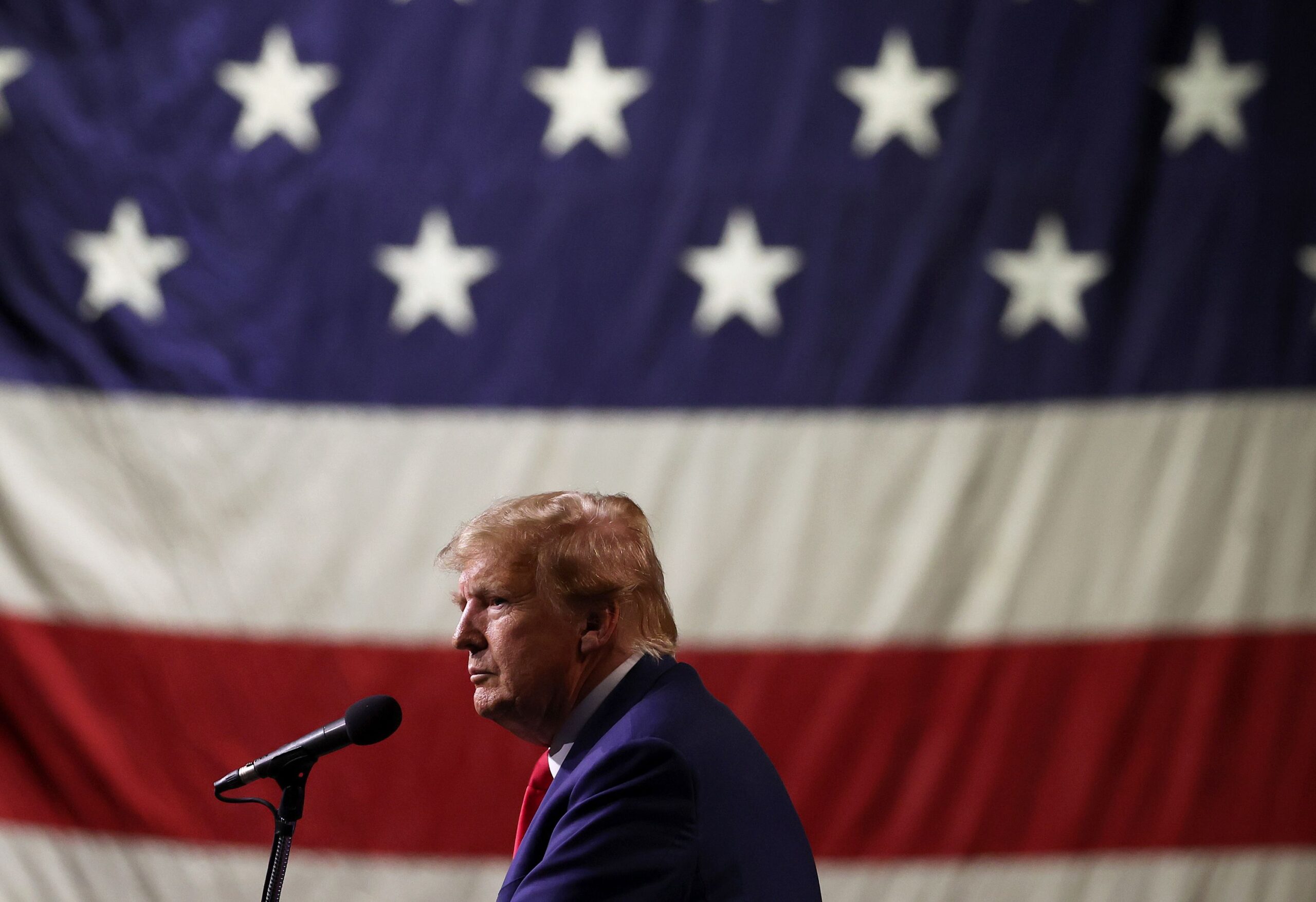In a move that has plunged the 2024 election into further disarray and constitutional ambiguity, Maine became the second state to disqualify Donald Trump from the ballot, citing the January 6, 2021, US Capitol riot. This decision, following a similar one by the Colorado Supreme Court earlier this month, has intensified the crisis surrounding Trump’s campaign and bolstered the case for the US Supreme Court to address the issue, which stems from the 14th Amendment’s “insurrectionist ban.”
The escalating uncertainty urgently calls for resolution, especially with the Republican nominating race set to commence in Iowa on January 15 and other crucial ballot deadlines looming. Maine Secretary of State Shenna Bellows, a Democrat, has temporarily halted her decision pending a potential state court appeal, which Trump’s team has indicated they intend to file.
Trump’s Legal and Political Quagmire Deepens
The decision by Maine has further complicated the unprecedented legal and political entanglement surrounding the 2024 campaign, all of which originates from Trump’s refusal to accept defeat and his unprecedented challenge to the revered US transfer of power. The controversy also raises new questions about whether efforts to hold Trump accountable for January 6 are justified in the name of safeguarding America’s democracy or could politically backfire against President Joe Biden and Democrats in the upcoming fall.
Trump’s Response and the Irony of His Claims
Trump’s team responded vehemently, with the former president demanding protection for the very foundational American privilege he attempted to undermine three years ago — the right of voters to choose their president. However, this claim is steeped in irony, given that Trump continues to deny the result of the 2020 election, which was followed by his attempt to disenfranchise voters, particularly in key swing states that voted for Biden.
Haley’s Campaign Struggles Amid Controversy
Meanwhile, Trump’s rising rival in New Hampshire, Nikki Haley, is grappling with her own controversy over a gaffe related to slavery, which could potentially derail her campaign momentum. Haley’s misstep and her somewhat clumsy attempts to rectify it have reignited criticisms that have dogged her throughout her career, particularly the perception that she often equivocates on historical truths for political gain.
Implications for the Republican Party
The legal morass surrounding Trump and Haley’s troubles provide a snapshot of the current state of the Republican Party. Haley’s reluctance to openly discuss the historical implications of slavery seems to be an attempt to appease hardline conservative voters in a party that has veered significantly to the right in recent years. Similarly, she has been hesitant to openly confront Trump over his attempt to overturn US democracy in 2020, apparently to avoid alienating voters who have bought into the ex-president’s falsehoods about the election.
Looking Ahead
As the 2024 election draws closer, the divergent views of different states on the Constitution and Trump’s eligibility to run again suggest that the US Supreme Court may need to intervene, even if doing so could further strain an institution already politically battered in recent years.

